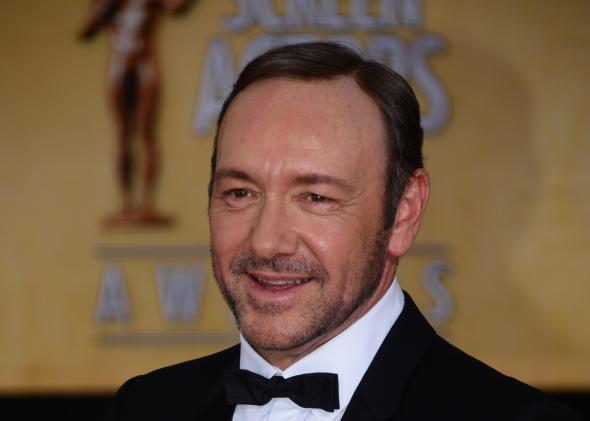This post originally appeared in Business Insider.
In an interview with GQ last February, Netflix CEO Reed Hastings and Chief Content Officer Ted Sarandos fired the first shots in the escalating war between their company and HBO.
When GQ’s Nancy Haas interviewed Sarandos about the upcoming release of House of Cards as well as their plans for building a slate of original series, the Netflix exec outlined his strategy pretty clearly with this quote:
“The goal,” he says, “is to become HBO faster than HBO can become us.”
Last week, on his Q4 earnings call, Hastings upped the war of words by suggesting HBO CEO Richard Plepler’s HBO Go password was “Netflix bitch.”
While the combination of critical acclaim and award nominations for House of Cards and Orange Is The New Black have posed serious competition to HBO’s reputation for prestige programming, Netflix is perhaps focusing its attention on the wrong adversary.
Amazon Prime Instant Video is essentially the online retail giant’s own version of Netflix. Customers put down one payment of $79 for the year to access a slew of movies and TV shows to stream. Although this may sound like it’s just a Netflix clone, Amazon Prime has a few weapons in its arsenal that could help it force Netflix off the throne of its cord-cutting kingdom.
Amazon’s Strategy For Streaming Shows Could Build Better Relationships With Subscribers
Amazon Studios, the division responsible for creating original series, posted a selection of comedy pilots on Amazon’s site. Once viewers watched the pilots and voted for the best ones, Betas and Alpha House were selected as the two Amazon original series.
While Netflix achieved considerable success when it came to binge watching, Amazon’s decision to stick to a somewhat traditional TV schedule could pay off in the future.
The first three episodes of Betas and Alpha House were available to stream for everyone. Episodes were posted weekly but if a viewer wanted to watch the rest of the series, a subscription was necessary.
Although Betas and Alpha House premiered to mediocre reviews, this was the first experiment at using feedback to create content. Subscribers, presumably, like being involved in the creative process.
If Amazon thoroughly studies customer data and pinpoints the strengths and weakness for its next set of shows, producing a string of engaging episodes for prospective customers before cutting them off could boost Prime subscriptions faster than Netflix can persuade people to buy something they may never have seen.
The Service Is Creating Strong Relationships With Content Providers
CBS took a big ratings hit with Under The Dome thanks to a partnership with Amazon Prime. Every week, members could stream an episode four days after it aired on TV. The success of this initiative has led to both companies creating an exclusive content licensing agreement for the second season of Under The Dome as well as other original series.
Relationships like this are going to be key for Amazon Prime’s success since it’s mutually beneficial. Licensing fees for content can be expensive and Amazon may have found a way to manage the damage it could do to their financials.
CBS is a relic of TV’s golden age but it gives Amazon a massive resource of creative talent and content to pull from in order to create shows and bolster its library.
Also, the ratings bonanza for Under The Dome demonstrated how useful Prime can be for networks to build an online audience since the pilot episode of was watched by 13.5 million viewers. The last time those figures appeared for a summer show on a broadcast network was 1992. Netflix doesn’t have this type of relationship.
Here’s Where Amazon Prime Seems Weak
The house that Bezos built barely puts any marketing power behind it. Amazon Prime was created in 2010 but the first advertisement for it may have just appeared on cable earlier this month.
Plus, Amazon typically doesn’t reveal how many members use the service. Subscribers are a point of pride for HBO and Netflix. If Amazon Prime wants to prove that it’s a superior service, it should divulge how many subscribers use it to watch movies.
Amazon Has A Long Term Advantage
By slowly building licensing agreements and studying ways to please prospective viewers, Prime Instant Video can create the ultimate archive of movies and original content that will satisfy any viewer. And Amazon has 164 million customers or more that it can repeatedly advertise Prime to, and 10 million Prime customers already.
Reed Hastings can mock HBO as much as he wants. Amazon is just getting started, and has a built in user-base it can convert — which Netflix does not.
Disclosure: Jeff Bezos is an investor in Business Insider through his personal investment company Bezos Expeditions.
See also: Meet the Teenagers Who Run the Wildly Popular “History in Pictures” Twitter Feed
